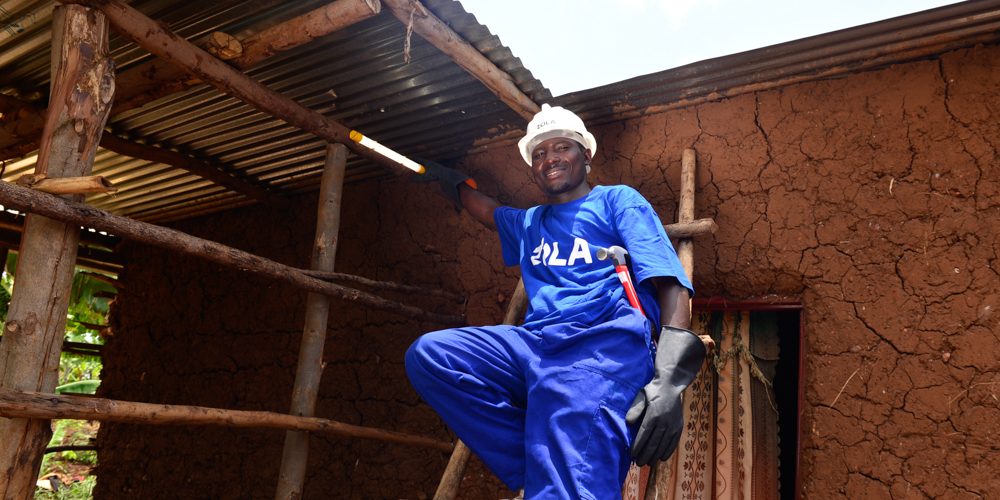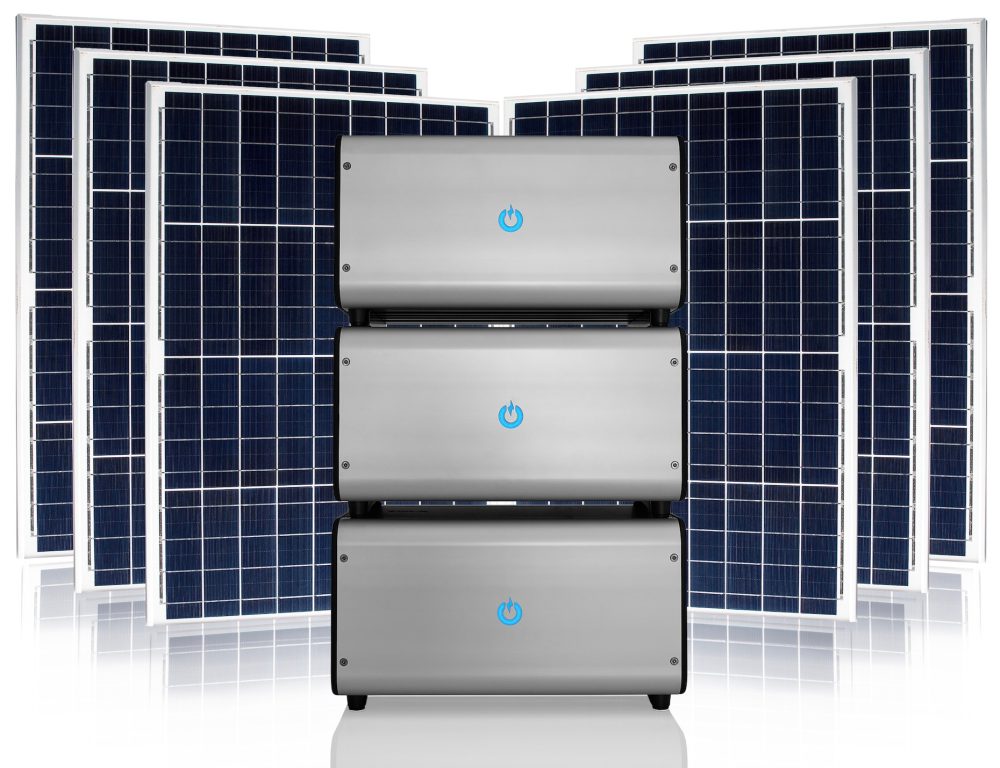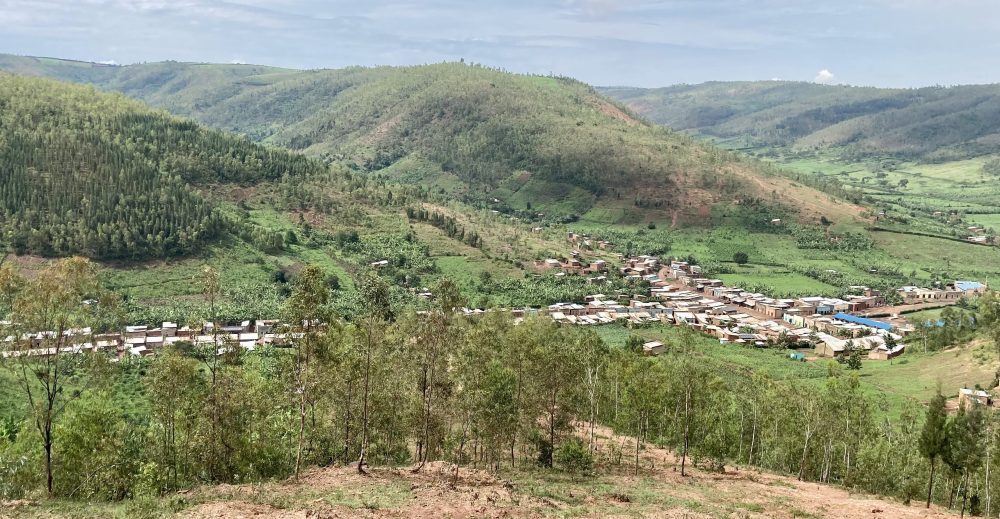
ZOLA Electric, a Tesla-backed company providing energy to remote African villages through solar and batteries, has announced the deployment of a new microgrid system that is powering 1,000 homes, schools, and businesses in two villages in Rwanda.
We reported on ZOLA Electric back in 2015 when it was still called Off Grid Electric.
At the time, it was a Tanzania-based startup offering solar power and energy storage as a service to rural regions of Africa.
It got on our radar when SolarCity led two early rounds of financing of $16 million and $25 million for the company alongside a Tesla investor, DBL Partners, and SolarCity’s CEO at the time, Lyndon Rive, joined the company’s board.
By acquiring SolarCity in 2016, Tesla will become a major shareholder of ZOLA Electric, and it looks like Tesla hasn’t divested since the company still promotes itself as being “backed by Tesla.”
ZOLA’s approach is similar to Tesla Energy with Powerwalls and solar power, but it utilizes much smaller battery packs and solar panel systems to reduce the cost of deployment and power impoverished communities.
This was the company’s original system:

It was enough to power some lights at night, a radio, and allow a family to charge some appliances and devices, such as phones.
Over the last few years, the company has managed to grow quite fast, and now it has deployed battery systems and solar panels that power “over 1.5 million people and more than 300,000 homes and businesses.”
Recently, ZOLA has moved to a more robust and powerful system called INIFITY:

Today, ZOLA announced that it has deployed its INFINITY system to power a new “mini grid” in two villages in Rwanda:
The groundbreaking mini-grid project, installed in the agricultural villages of Gakagati I and II in Nyagatare, Rwanda – the country’s largest and second most-populous district – will deliver clean, affordable, reliable power via ZOLA’s innovative INFINITY technology, to over 1,000 homes, businesses, schools and clinics.
The project was completed over 10 months and financed by Facebook, the Shell Foundation, USAID, and Endev, and supported by NXT Grid.
The system deployed in Gakagati has a 120 kW capacity, but ZOLA says that it is modular and easy to expand. It expects to double the capacity to 240 kW over time.

Many villages that lack access to power, or where it is unreliable and expensive, have struggled to grow economically because of this. ZOLA believes that its solar and battery-powered microgrid approach allows access to power at a lower cost, and it can gradually scale with communities as they learn to use the power to help lift themselves out of poverty.
Interestingly, Tesla CEO Elon Musk predicted back in 2016, after Tesla launched its own battery and solar-powered energy division, that some developing countries would skip the traditional grid altogether and go straight to microgrids:
The advantage of solar and batteries is that you can avoid building electricity plants at all. So you can be in a remote village and have solar panels that charge a battery pack that then supply power to the whole village without ever having to run thousands of miles of high-voltage cables all over the place. It’s like what happened with landline phones versus cellular phones. In a lot of developing countries, they just didn’t do the landline phones. They went straight to cellular.
It appears that these two villages in Rwanda are an example of that.
FTC: We use income earning auto affiliate links. More.






Comments